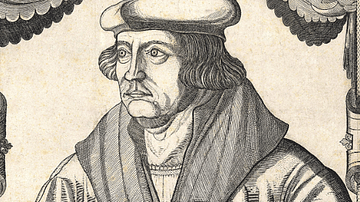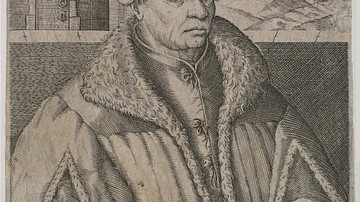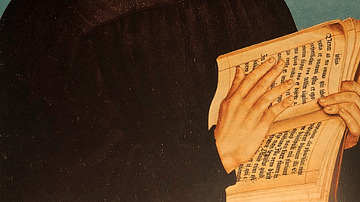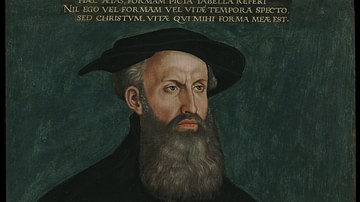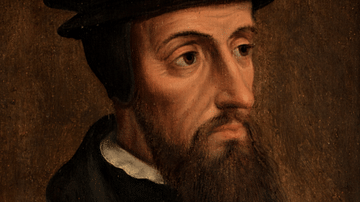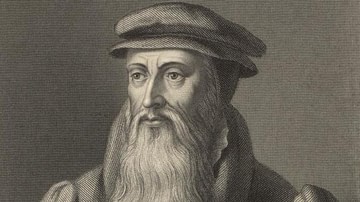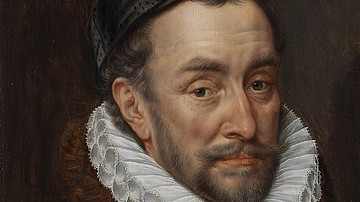The men who initiated and advanced the vision of the Protestant Reformation (1517-1648) did not set out, at first, to challenge the authority of the Catholic Church but only to correct what they saw as errors. In doing so, they launched a movement that would change how Christianity was understood and help shape the modern world.
This collection includes only a small sampling of the many men who advanced, or opposed, what came to be known as the Protestant Reformation. Many others are omitted, including Johannes Gutenberg (l.c. 1398-1468) who, though technically not a part of the Reformation, allowed for its success through his invention of the printing press. The correlation between the press and the movement is explored in the article The Printing Press & the Protestant Reformation.
So-called proto-Reformers John Wycliffe (l. 1330-1384) and Jan Hus (l.c. 1369-1415) are also omitted as the collection focuses only on a few of the men active between 1517-1648. The Catholic Counter-Reformation (1545-c.1700) is represented by Johann Eck (l. 1486-1543) who argued for the unified vision of the Church.
For the role of women in the Reformation, see our collection here.


